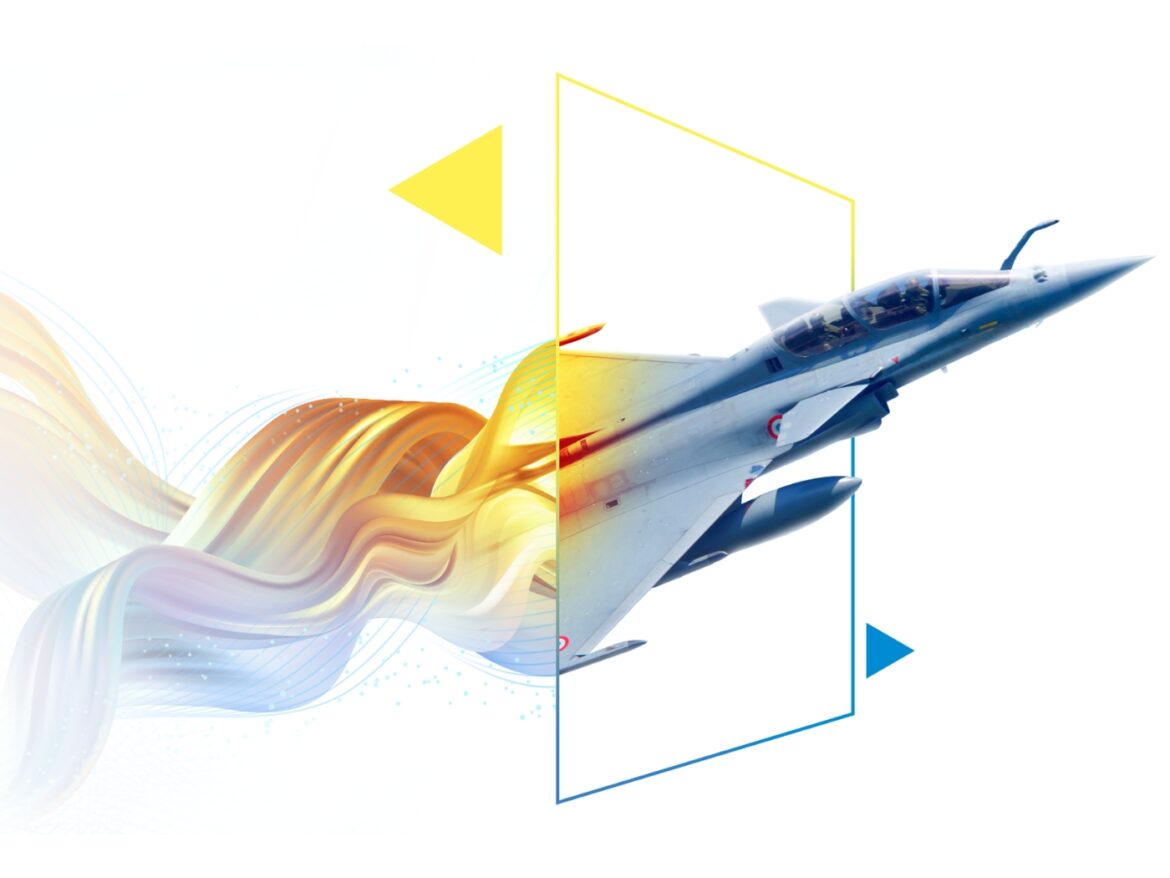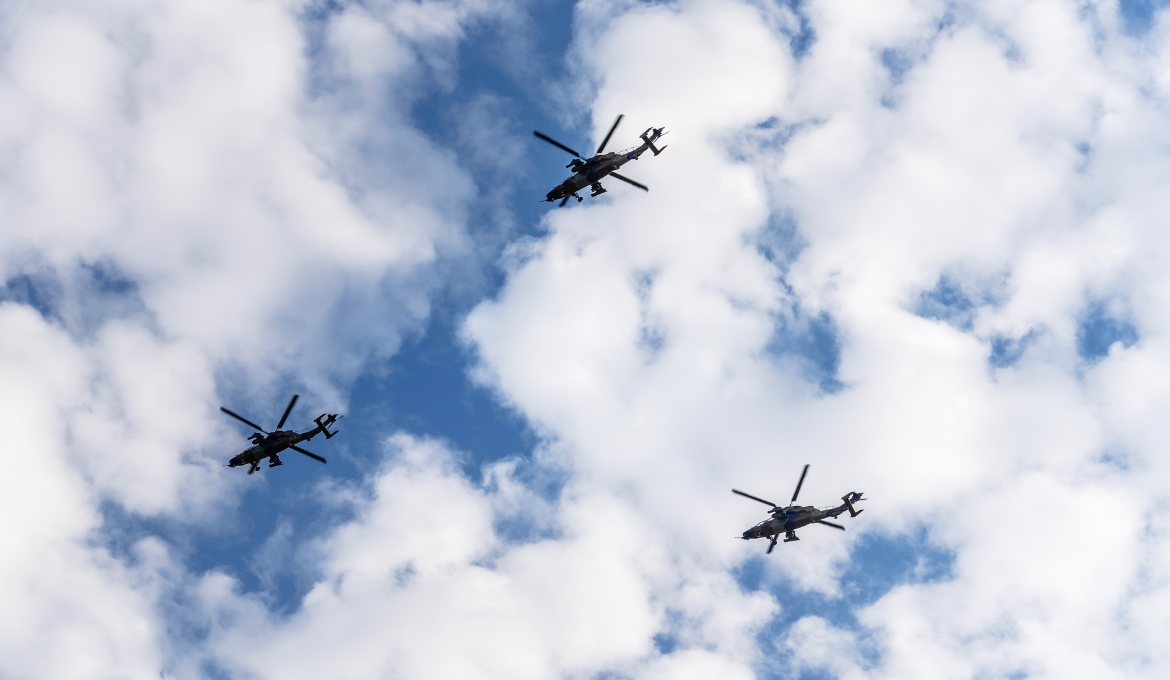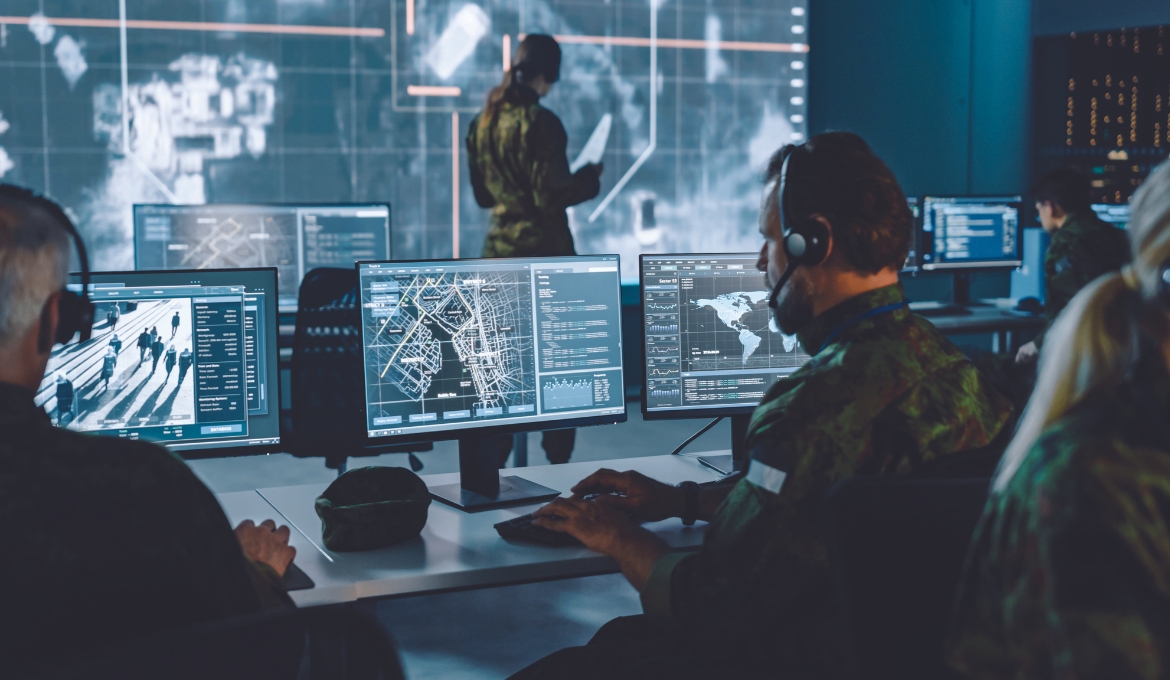[alten2018_header type=”page” post_id=”38391″][/alten2018_header]
Defence, Security & Naval
Identify. Protect.
Detect. Respond.
A business request?
You want to join us?

The defence, security, and naval industries play vital roles in ensuring the safety, protection, and stability of nations around the world.
These industries encompass a wide range of activities, technologies, and organizations dedicated to maintaining national defence capabilities and safeguarding territorial waters.
These industries often collaborate closely with governments and defence agencies to ensure preparedness, enhance capabilities, and adapt to evolving security challenges in an ever-changing geopolitical landscape.
An uncertain geopolitical context
The global geopolitical context is currently in a very bad state. After two decades of counterterrorism, military powers are preparing for the return of inter-state ‘high intensity conflict’. Benefiting from unprecedented budgetary efforts, the defence industry must accelerate the development of equipment programs (air combat, naval, space and cyber, etc.) adapted to this new context. At the same time, the sector must acquire new skills (data, robotization, etc.) to anticipate technological breakthroughs.


From airspace to digital space: the new challenges of homeland security
The collapse of air traffic and national lockdowns have reduced internal security activities in most countries. But at the same time, the accelerating shift to remote working has exposed many organizations to cyber-attacks. The giants of the sector are now positioning themselves in the key areas of security in the digital space, foremost among which are the Cloud and digital identity. This investment is accompanied by numerous initiatives to overcome the shortage of IT and cybersecurity skills: partnerships with software firms, dedicated training programs, etc.
ALTEN, your partner for Defence & Security projects
The ALTEN Group supports the digital transformation of its clients by working on the dimension of technological information. ALTEN works in Defence Engineering for the development of aircraft, combat vehicles, and advanced embedded systems. ALTEN also participates in the design of ships and submarines as part of its expertise in naval defence systems. ALTEN supports its clients and governments on the securing identities’ data, biometrics & connectivity solutions.

ALTEN in the Defence, Naval & Security industries
200 M€
2022 turnover
2,900
consultants
20+
countries
What are the market trends in the Defence, Naval & Security Industries?
Whether they are “spy”, “carrier” or combat, drones and the multitude of applications they offer are booming. Today, drones are fully integrated into military or surveillance operations. The latest technological advances enable them to operate in missions such as air combat, naval mine action, strategic intelligence and ground troop evacuation.
The military UAV market is estimated at $28 billion in R&D and $84 billion in equipment purchases over the next decade. More than 80,000 military drones will be in service in the next 10 years, according to IHS Jane’s.
Challenges:
- Staying at the forefront of innovation in a highly competitive market (> 20 producing countries)
- Ensuring the control and security of drones, which are increasingly autonomous
- Identifying new applications
The global geopolitical situation encourages the proliferation of export contracts, which are often accompanied by offsets with client countries. Industrialists are seeking to strengthen transnational synergies in order to pool R&D efforts for the development of increasingly sophisticated weapons systems.
European manufacturers are collaborating on the operational development of two strategic projects by 2030-2040: the future European battle tank (EMBT) and the future European fighter aircraft (FCAS).
Challenges:
- Supporting industrial transfers in the client country
- Remaining agile in an international cooperation project
- Ensure support over the entire product life cycle (modifications, logistical support, maintenance in operational condition, etc.)
In both maritime transport and military marine, the shipbuilding industry sector is strengthening the development of innovative solutions (e.g. artificial intelligence, cyber security, etc.) and digital manufacturing solutions (e.g. Industry 4.0, augmented reality, etc.). The time to market (design and construction) of a ship will be considerably reduced. The ship of tomorrow will be more interconnected and much more automated, while offering greater operational capabilities. It will also have a better availability rate thanks to predictive maintenance, 3D printing of spare parts on board, and faster modernization operations. Military ships will offer better self-protection, capabilities & improve the long-distance shooting thanks to new generation sensors & armament.
Challenges:
- Integrating industry 4.0 to find a new way to organize the means of production (collaborative PLM software platform, automation, monitoring interface, AR/VR…)
- Master digital skills (Big Data, Cybersecurity, Artificial Intelligence, IoT network…)
- Experimenting with disruptive solutions and new services (e.g. autonomous ship, directed-energy weapon)
Digital transformation, connectivity of objects and associated services, exponential growth of data, and flow and storage management make cybersecurity a major challenge. States, companies and organizations, infrastructures (transport, energy, banking, communications…), all are exposed to cyber-attacks. The Defense & Security industries are very concerned by these challenges and are heavily investing in this expertise.
The size of the civil and military Cybersecurity market has increased from $3.5 billion per year in 2004 to $170 billion in 2023. It is expected to grow up to $420 billion in 2030.
Challenges:
- Securing networks and data
- Recruiting and train Cybersecurity skills
- Being in compliance with regulatory requirements
The rise of biometric technologies (fingerprints, facial-iris recognition, voice…) allows us today to use our identity for multiple applications. Whether it is banking, transportation, medical care, or using our smartphone, identification must be reliable, secure and personal.
The biometrics market was estimated at $30 billion in 2022. It is expected to reach $77 billion in 2029.
Challenges:
- Improving the reliability of the different biometric technologies
- Reconciling safety and comfort of use
- Securing the data collected
ALTEN Value Proposition
ALTEN’s functional sectors
Land defence
Air defence
Naval defence
Digital security
OUR CLIENTS
Defence & Naval
Airbus Group, Leonardo, Dassault Aviation, Naval Group, Saab, Nexter, General Dynamics…Safran Group, Thales Group, MBDA, Honeywell, Rheinmetall…
Security
Airbus D&S, Safran Group, Thales DIS, IDEMIA, Orange Groupe…








